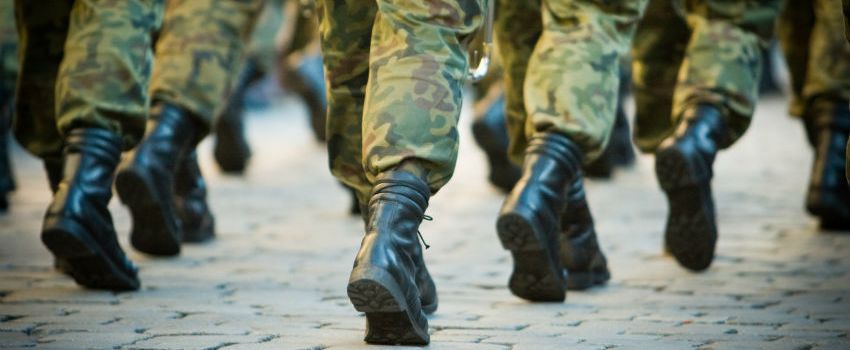
A new study by Help for Heroes has found that British military veterans suffering from post-traumatic stress disorders (PTSD) on average wait up to 4 years before asking for help. According to the results of the study, many chose not to seek out support simply because they did not believe that civilian services would either understand them or support them. Others worried they would be treated differently by friends and family.
Veterans don’t ask for help
The study also found an astonishing 30 per cent of veterans suffering from mental health issues that are the result of war have not sought out any help whatsoever. Rather unsurprisingly Help for Heroes wants to change this behaviour and is doing so by showing veterans that not only is mental health support available but is actively encouraged through a campaign the charity calls ‘Cut The Clock’.
It is okay to seek support
Karen Mead who runs psychological wellbeing for Help for Heroes says the organisation deeply believes that this behaviour of veterans not accessing mental health support when they need is has to change. The campaign is urging the country to put an end to the stigma and allow those that have served in the military know that it is okay to ask for help.
Veterans should not suffer in silence
England Rugby World Cup winner Matt Dawson is launching the campaign for Help for Heroes with buildings throughout London serving as host to a projected “Stigma Clock” being used to encourage people to lend their support and encourage donations. Mark Beckham a veteran who served in Kosovo says he went 16 years without seeking help for mental health issues and doesn’t want anyone to suffer as long as he did.
Pride should not get in the way
Mr Beckham says it is common for service men and women to have a sense of pride and not to be seen as a weak person. That is why many simply do no not ask for help because they don’t want to be considered the weak link in the chain. Andrew Taylor who served in the Royal Army Medical Corps says he waited four years before finally asking for help after his medical discharge in 2013.
Be open because there is no stigma
Mr Taylor says he lost his sense of identity, his career and friendships after suffering serious injuries from a suicide bomb blast in Afghanistan. He says after he decided to seek out help, he is now in a much better place and advises other veterans struggling with mental health issues to come out in the open and ask for help. A study by King’s College London found that nearly one third of all veterans who saw combat in Iraq and Afghanistan suffer from mental health issues.





